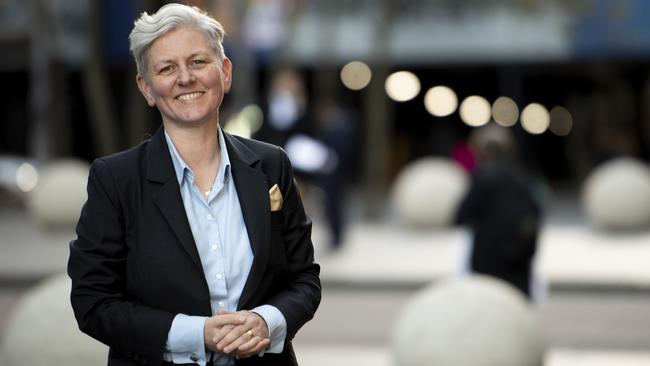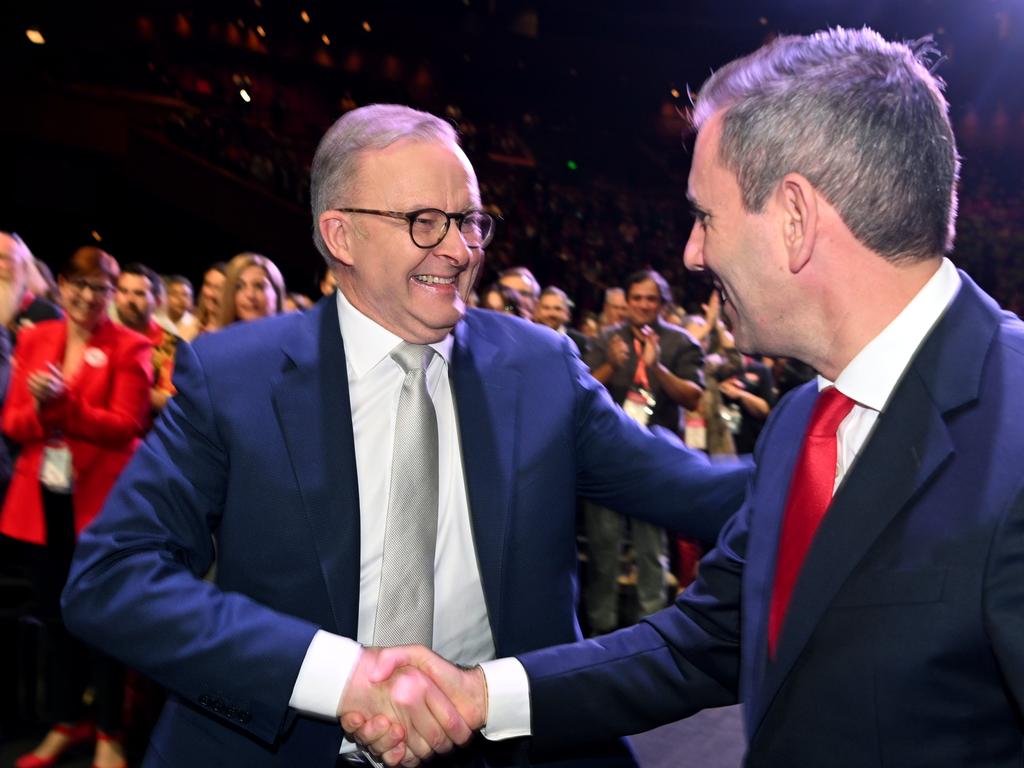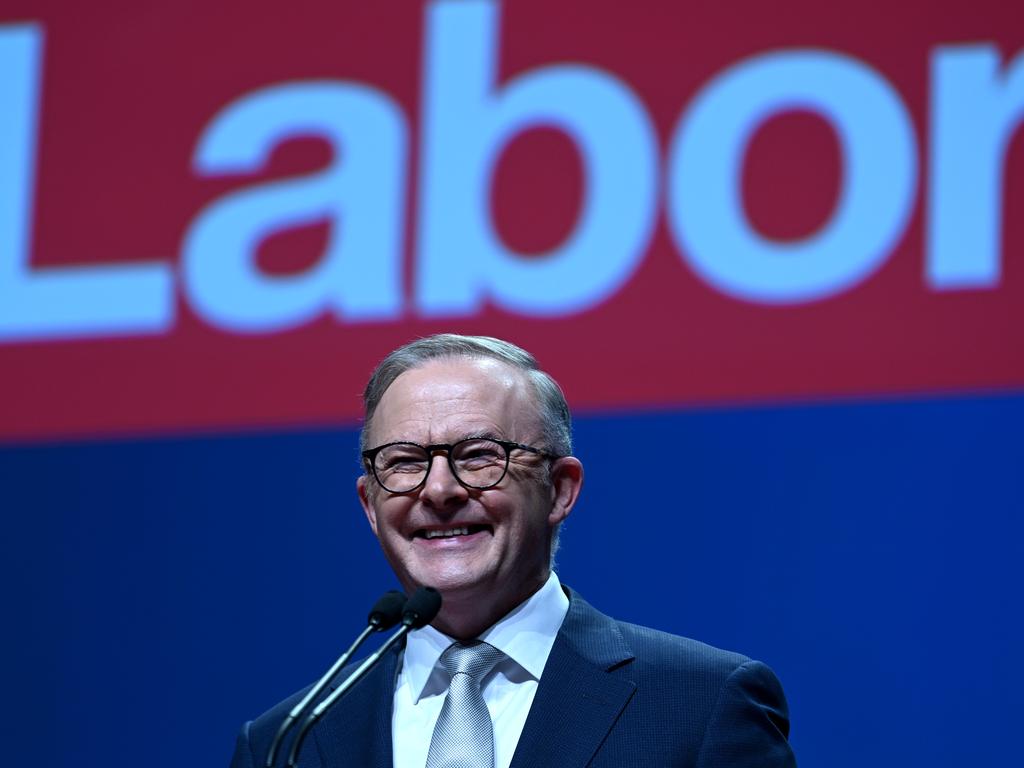2023 Outlook Conference: Voters must learn real cost of reform
Australia is in the grip of a clean energy and AI upheaval. Governments must explain how much it will cost.

Governments need to come clean with voters about the likely long-term social and economic fallout from policy reforms that claim to deliver immediate benefits, a prominent economist says.
Amid global turmoil and technological disruption, the head of Deloitte Access Economics Pradeep Philip says “reform is hard”, especially given the changes we are living through are not like the incremental or linear era we’ve experienced in recent decades.
Dr Philip told The Australian two emerging megatrends were causing epic change. First, generative Artificial Intelligence.
On Monday, US President Joe Biden issued a landmark executive order to manage AI’s risks to workers and consumers.
Anthony Albanese said while AI can be liberating and lead to a massive boost in productivity, “we need to be very conscious about ensuring that humans are still in control of what occurs”.
“We need to examine and have proper regulations as well about privacy issues and about ensuring that people’s rights are protected,” the Prime Minister said on Tuesday, recommitting his government to regulating AI.
Second, Dr Philip said climate change would alter production systems “in every market, industry and country”.
“It’s an effort of the scale of the agricultural and industrial revolutions but in a fraction of the time,” the one-time policy director and senior economic adviser to former prime minister Kevin Rudd said of the looming challenges and the need “to innovate out of uncertainty and volatility”.
“A first order condition for reform is having good conversations which embody the good analytics and frameworks of rigorous policy and transparency so people can be informed and make their minds up to buy into reform.
“Too often short-termism and optimism bias leads us to focus on the gains, not the costs or the pathways for change.
“For value creation, there must be value destruction.”
Dr Philip will be speaking about economic dynamism on Thursday at The Australian-Melbourne Institute Economic and Social Outlook conference.
Also on the panel about better economic outcomes will be Westpac chief economist Luci Ellis, until recently Reserve Bank assistant governor (economic), and chief executive of employer association Ai Group Innes Willox.
Dr Ellis believes full employment and low inflation are compatible, “at least in principle, and with time”.
Unemployment stood at a near 50-year low 3.6 per cent in September, while annual headline consumer inflation was 5.4 per cent in the September quarter, down from its post-pandemic peak of 7.8 per cent in December.
The RBA has raised the cash rate a dozen times since May last year and is aiming to return inflation to within its mandated 2-3 per cent target band by late 2025.
Dr Ellis said through bold reform we may be able to reduce the non-accelerating inflation rate of unemployment or NAIRU, which is estimated to be around 4.5 per cent.
“By ‘we’, I don’t only mean government policy,” Dr Ellis will say on Thursday, according to an advance draft of her address.
“As with Australia’s recent weak productivity outcomes, it is too often assumed that causes and solutions rest entirely on government actions,” the notes said.
“Productivity isn’t something the government does to us, though.
“It is mostly the result of the decisions every business makes: how much to invest; when and how to train employees; and how work is organised and prioritised.
“So it is with the emergent properties of the labour market.
“Public policy has an influence, but it isn’t the only thing.
“Private sector decisions matter, including who and how we hire, how we onboard and train staff, and how we organise our work and – especially – our working hours and locations.”






